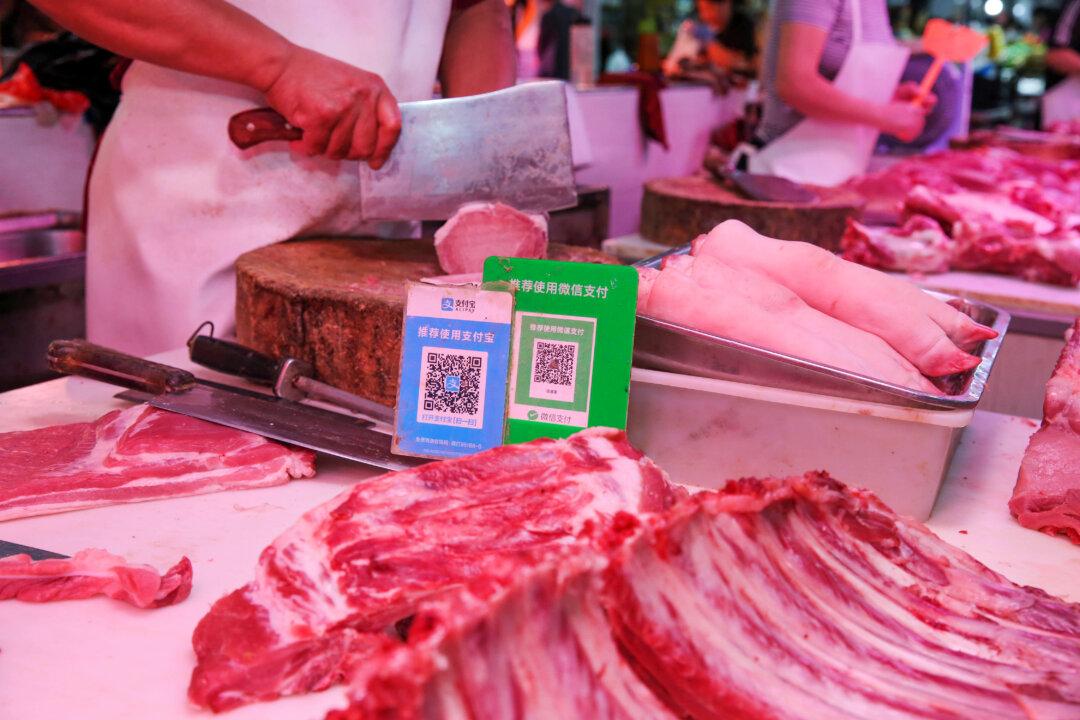U.S. customs officials intercepted 19,555 pounds of prohibited meat products from China between April 6 and June 6 in Los Angeles, intercepting them before they reached American consumers.
The meat products contained prohibited pork, chicken, beef, and duck. They were packaged in boxes that had other consumer products such as headphones, door locks, kitchenware, trash bags, and cellphone covers, “in a clear attempt to smuggle the prohibited means,” according to a June 19 statement from the U.S Customs and Border Protection (CBP).





